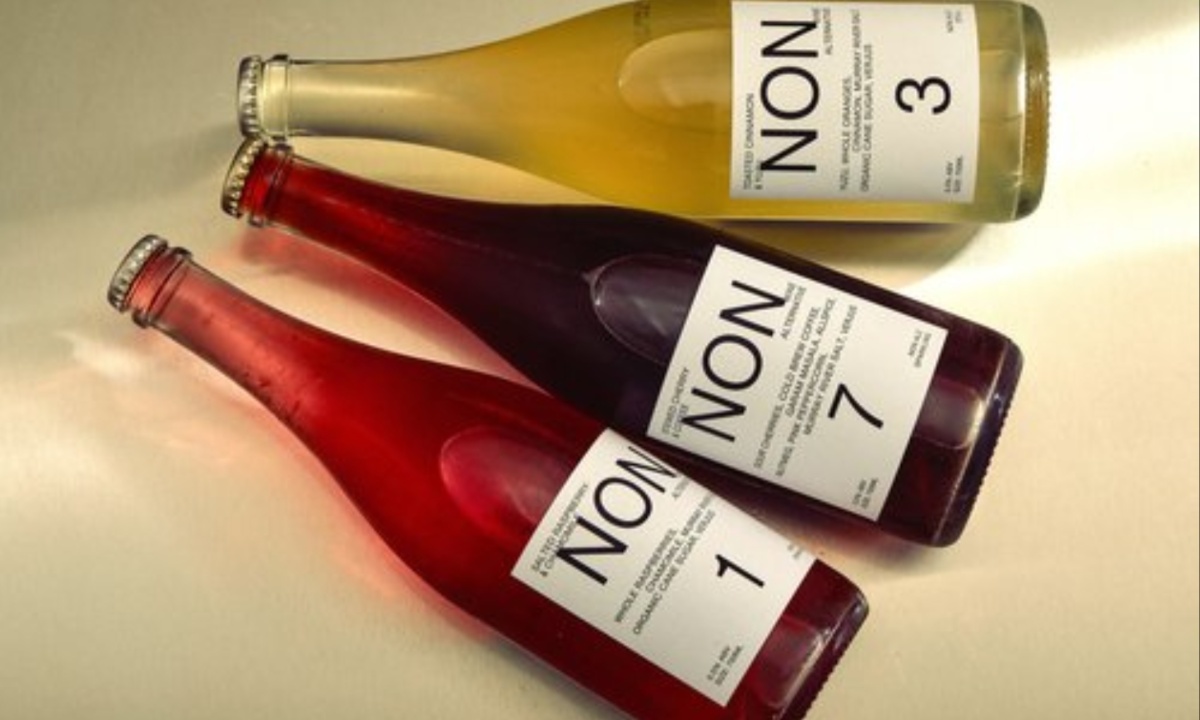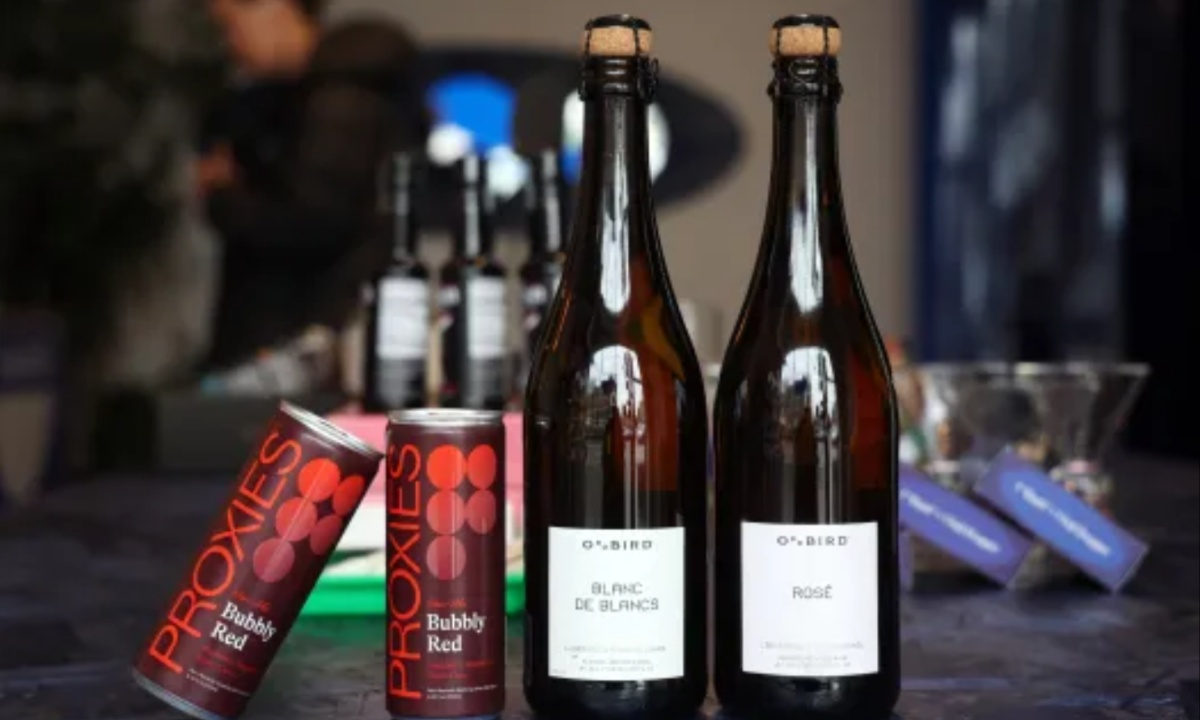The world of wine is steeped in tradition, study, and sophistication, with encyclopedias and degree programs dedicated to understanding its nuances. While traditional wines demand attention through swirling, sniffing, and sipping, nonalcoholic wines have historically been dismissed as overly sweet and lacking complexity.
However, advancements in science and the growing popularity of alcohol-free adult beverages have brought a new level of craftsmanship to nonalcoholic wine, raising the question of whether it deserves a similar level of attention and appreciation.
Crafting nonalcoholic wine involves as much skill and artistry as its alcoholic counterparts, with the added complexity of removing or omitting alcohol. Techniques such as vacuum distillation or reverse osmosis are employed to extract alcohol while preserving flavor.
This delicate process often highlights the same grape varieties, regions, and vintages as traditional wines. Despite alcohol being flavorless, its removal can drastically alter a wine’s structure, making it a challenge to replicate the mouthfeel and body associated with alcoholic wines.

While sweeter and sparkling nonalcoholic wines can convincingly mimic their traditional versions, bone-dry whites and reds often struggle to achieve the same illusion. Yet, this doesn’t diminish their appeal. Industry leaders emphasize the importance of appreciating nonalcoholic wines for their unique qualities rather than comparing them unfavorably to alcoholic ones. These beverages offer an opportunity to embrace artistry and creativity while fostering connections and inclusivity.
Nonalcoholic wine allows everyone to partake in social rituals like toasts and food pairings, making it an inherently inclusive beverage. Experts suggest shifting the conversation from what nonalcoholic wines lack to what they provide — a means of connection and shared experiences. Using accessible and natural language to describe nonalcoholic wines ensures they remain approachable and enjoyable for all, whether one is a seasoned connoisseur or a casual enthusiast.
Ultimately, nonalcoholic wine is not a lesser version of traditional wine but a category worthy of celebration in its own right. By embracing its distinctive attributes and rejecting exclusionary practices, we create a richer, more inclusive wine culture. Nonalcoholic wines remind us that the essence of great beverages lies not in their alcohol content but in their ability to bring people together in meaningful and memorable ways.


